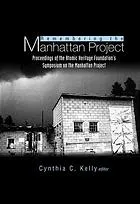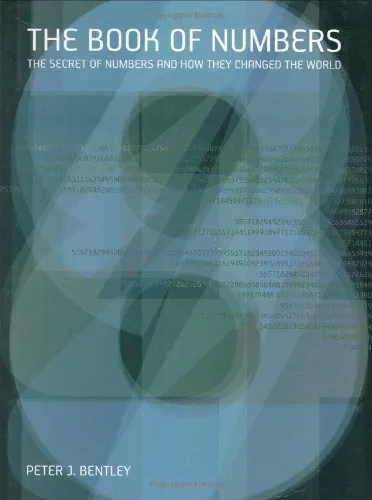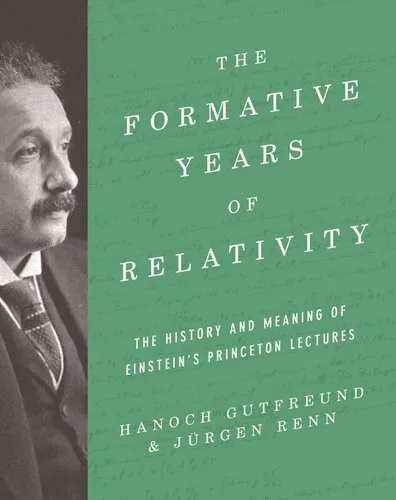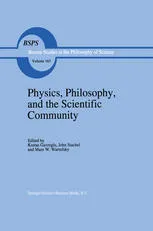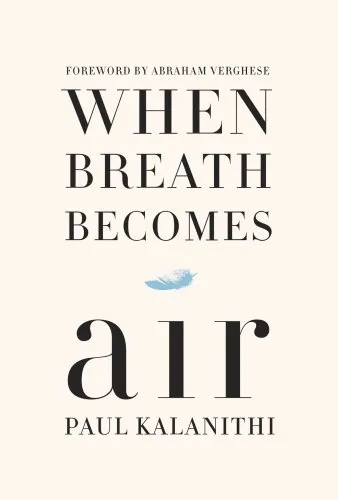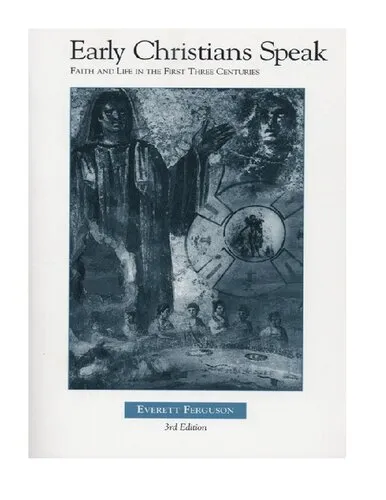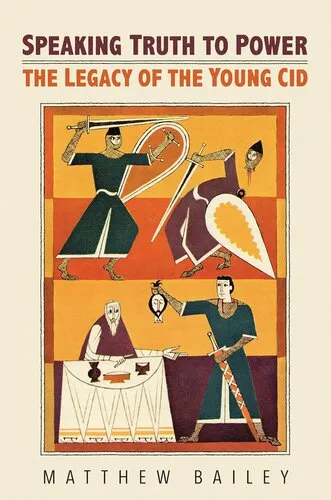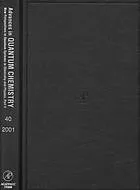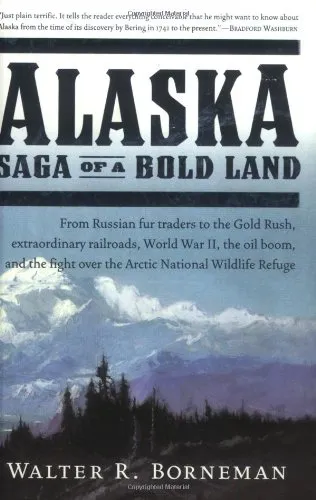Remembering the Manhattan Project : perspectives on the making of the atomic bomb and its legacy
4.0
Reviews from our users

You Can Ask your questions from this book's AI after Login
Each download or ask from book AI costs 2 points. To earn more free points, please visit the Points Guide Page and complete some valuable actions.Related Refrences:
Introduction to "Remembering the Manhattan Project: Perspectives on the Making of the Atomic Bomb and Its Legacy"
"Remembering the Manhattan Project: Perspectives on the Making of the Atomic Bomb and Its Legacy" is an evocative exploration of one of the most significant scientific and historical undertakings of the 20th century. Written to provide readers with an in-depth understanding of the Manhattan Project, this book brings together a series of reflective essays, personal testimonies, and historical analyses to paint a comprehensive picture of the atomic bomb's creation and its profound, often unsettling, legacy. The book delves into the experiences of the individuals involved, examines the moral and ethical ramifications of their work, and addresses the enduring impact of their creation on society, politics, and science.
The aim of the book is not only to chronicle the events and decisions behind the Manhattan Project but also to inspire critical thought and dialogue about the power and responsibility that comes with groundbreaking technological advancements. By weaving together the voices and perspectives of scientists, military personnel, skeptics, and the broader public, this collection serves as both a historical record and a cautionary tale for modern audiences. Through these narratives, readers are invited to confront unanswered questions about war, humanity, and the role science plays in shaping our future.
Detailed Summary
The book is divided into thematic sections that guide readers through the Manhattan Project’s timeline and its human and historical dimensions. Starting with the political and scientific climate of the early 20th century, "Remembering the Manhattan Project" details how World War II acted as the catalyst for this unprecedented scientific effort. The narrative describes pivotal moments, like the gathering of brilliant minds at Los Alamos, the challenges of inter-disciplinary collaboration, and the overwhelming secrecy surrounding the project.
The text further explores the human stories behind the science—the triumphs, moral dilemmas, and personal conflicts faced by individuals such as J. Robert Oppenheimer, General Leslie Groves, and many lesser-known figures. By integrating firsthand accounts and reflections, the book paints a vivid picture of the emotional and psychological toll exerted on those involved.
Finally, "Remembering the Manhattan Project" does not stop at the conclusion of the war. It examines the aftermath of the bomb's deployment in Hiroshima and Nagasaki, the geopolitical consequences of nuclear proliferation, and the ethical discussions that persist to this day. It is both a retrospective and a forward-looking examination of the Manhattan Project's enduring influence on science, culture, and international relations.
Key Takeaways
- The Manhattan Project was more than a scientific endeavor; it was a deeply human story of ambition, fear, and discovery.
- Science and ethics are inextricably linked, requiring careful consideration of the potential consequences of groundbreaking advancements.
- The development of the atomic bomb forever altered global politics and laid the foundation for the nuclear age.
- The moral implications of the Manhattan Project remain relevant for contemporary debates over technology and its role in society.
- Critical reflection on history is essential to understanding our collective responsibilities as a global community.
Famous Quotes from the Book
"To understand the Manhattan Project is to understand the convergence of science, fear, and a belief in progress at all costs."
"The juxtaposition of brilliance and destruction defines the legacy of the atomic bomb."
"The lives of those who built the bomb and those it destroyed are inextricably connected."
Why This Book Matters
This book is an essential contribution to both historical and scientific literature. It transcends the technical details behind building the first atomic bomb to focus on the social, moral, and personal dimensions of this epic chapter in history. Through its nuanced exploration of key figures, technological breakthroughs, and the devastating consequences of unleashing the power of the atom, "Remembering the Manhattan Project" challenges readers to consider the far-reaching implications of scientific discovery.
The book encourages readers to ask difficult questions about accountability, the ethics of war, and the responsibilities that come with innovation. In an age when technology continues to develop at an accelerating pace, the lessons of the Manhattan Project are more relevant than ever. Above all, it serves as a reminder of the resilience, curiosity, and potential fallibility of humanity in its constant pursuit of knowledge and progress.
Free Direct Download
You Can Download this book after Login
Accessing books through legal platforms and public libraries not only supports the rights of authors and publishers but also contributes to the sustainability of reading culture. Before downloading, please take a moment to consider these options.
Find this book on other platforms:
WorldCat helps you find books in libraries worldwide.
See ratings, reviews, and discussions on Goodreads.
Find and buy rare or used books on AbeBooks.
1367
بازدید4.0
امتیاز0
نظر98%
رضایتReviews:
4.0
Based on 0 users review
Questions & Answers
Ask questions about this book or help others by answering
No questions yet. Be the first to ask!
